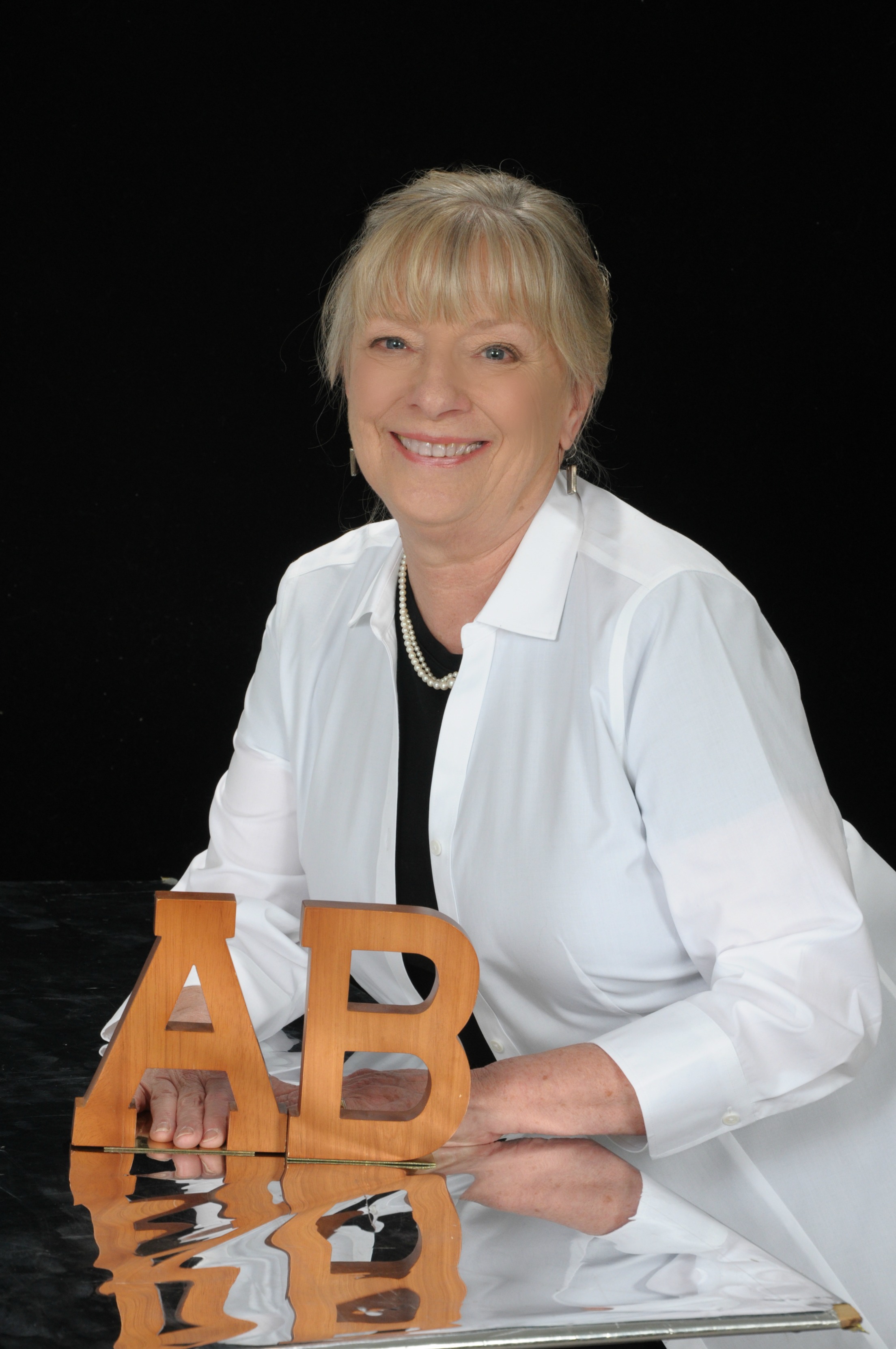I’ve watched the inauguration of President Barack Obama most of the day: the oath of office, his speech, the parade, the analyses. Now I’m getting ready to watch coverage of the official inaugural balls this evening. It’s almost too much to absorb.
If I feel this way, and I’m among the privileged white class in America, I can only imagine how others feel. Time after time today television commentators queried attendees, mostly black, and asked how they saw this day. The standard response was that the person never dreamed to see an African-American President in his or her lifetime.
Never dreamed . . .
Even though we’re taught that anyone in this country can achieve a dream. That anyone can better his or her situation. That anyone can grow up to be President. John F. Kennedy demonstrated that Catholics could become President, but it was left to Barack Obama to demonstrate that people of a minority race could also become President. How democratic is that?
Today I listened to the common man, to various commentators on different TV stations, and to the words of Barack Obama himself. What is there left to say? Yet, in the spirit of adding to collective memory, I recall my own slight connection with the Civil Rights Movement. It occurred in 1958, when my Mother and I moved to Little Rock, Arkansas, just after the then-Governor Orville Faubus stood in the doorway of Central High School and refused a federal mandate to integrate by denying nine black students the right to attend school there. Ultimately, all city schools were closed rather than attempt desegregation.
My Mother and I were Northerners, and we quickly learned how it was in the South. We learned to be careful too. To this day, I remember visiting the most prosperous retail store in downtown Little Rock, using the women’s restroom, and coming out of it to find a water fountain that read “For Whites Only.” It stunned me. I also remember that black people automatically walked to the back of the bus, that the Catholic school I attended didn’t accept blacks — and didn’t have to because it was a “private” school under the law — and that there were only certain jobs open for them.
But the most stunning revelation was that my Mother’s opinion and my own were considered offensive, even anathema, heresy. To accept blacks was to invite acute criticism. In fact, my Mother was legally required to submit a list of organizations she belonged to or had contributed to so that she could maintain her job with the University of Arkansas. She believed it had to do with making sure employees had not contributed to the NAACP. Shortly thereafter we moved north again.
Obama’s inauguration makes our slight travails even less significant. During my brief time in the South, I learned that racism was alive and well in the mid-sixties. Today I learned that, even though it’s taken over forty years — and racism is still alive and well in many places in our country — I believe Obama’s election draws us closer as a nation and quite possibly works to erase racial discrimination forever.







Leave a Reply